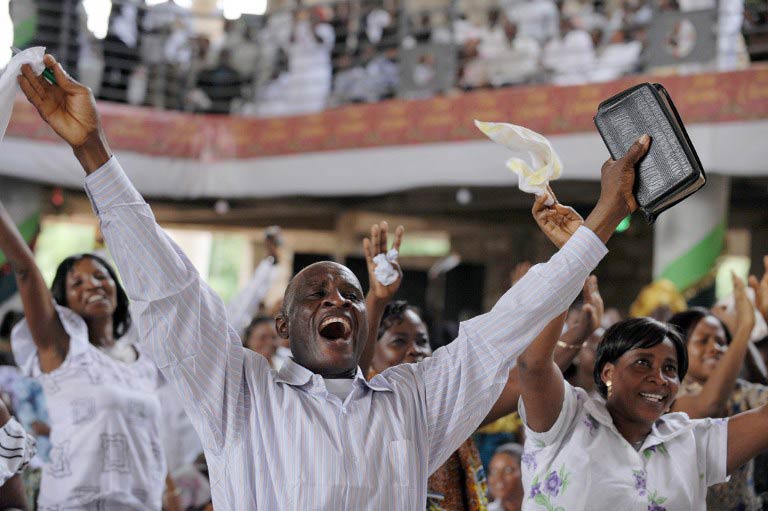Red dipladenia: a shrubby climber with glossy leaves and red funnel-shaped flowers. A lively, you-bring-the-sun-out plant.
Last summer, I purchased such a plant for a friend’s garden. Immediately after paying for the plant at the florist’s, a female customer behind me said: “I bought the same a couple of weeks ago to place on my mother’s tomb.” I almost keeled over. Was I committing a faux pas? Not at all. Dipladenias are hardy, low-maintenance plants. All they need is moist soil, good drainage, and bright light. They are good for graveyards and friends’ gardens.
My father is buried at Langata Cemetery on the outskirts of Nairobi. It never occurred to us to check the weather forecast for Langata Cemetery on the day of the burial. It poured and poured after we had tossed the requisite clods of soil on the casket, after the grave diggers had covered the grave and each member of the family had placed a solitary rose on the mound of earth. It would not have made any difference if the weatherman had predicted a squall with a sustained wind speed of 70km/hr. We would still have done what was required of us: lay to rest our beloved pater.
Langata Cemetery is not a place to go to for an afternoon stroll. It would never cross a sane Kenyan’s mind to do so, even if there was no horrendous Nairobi traffic to contend with, even if one did not have to work one’s way through the huge cemetery, past a few well-kept graves, past a plethora of unkempt graves, past cemented graves, grassy graves, weedy graves, fenced-in graves, graves with wobbly wooden crosses.
The day we buried my father, I forgot my grief for a while and smiled when I saw soft drinks and bottled water vendors. Mourners also get thirsty after standing for a long time under the unrelenting equatorial sun as the priest invokes heaven’s mercies and sometimes drones on and on. Mourners also appreciate a bit of shade, so there were white marquees for rent. Lest we forget, dying is a thriving business – for the living.
General assumption has it that only those without a home (aka land) upcountry are buried in the city, specifically in Langata. Further assumption has it that those buried in Langata are rootless. Their origins are lacking. They were born in Nairobi, more’s the pity.
When my father, before passing on, asked to be buried in Langata, a small tremor ran through the extended family. “But why, oh why?” people murmured. But, whispers ran, he had land (aka roots and origins) upcountry where he was born, raised, and educated. Why was he breaking away with tradition? The explanation given was that it would be easier for his immediate family to visit the grave in Nairobi than upcountry. Secondly, it is impossible to sell land with family graves on it, one does not even dare to think about it.
Now, I am a city brat. I grew up and was educated in Nairobi. Upcountry, our drinking, washing, and bathing water came from a domestic rainwater reservoir. Paraffin and Tilley lamps and candles lit up our evenings. City Brat going upcountry was an epic event. She would be the one groping the walls instinctively at dusk, searching for the light switch. She would be one who would want to iron out a top but couldn’t. She would be the one longing for a hot shower instead of bathing from a plastic basin of warm water. And she would peer into her glass of drinking water trying to see if there was any unclear and present danger in it. She never got used to cooking with a jiko, a charcoal stove with zilch knobs to adjust the heat, or a paraffin stove (oh, the headache-inducing odour!).
City Brat had attended her fair share of upcountry weddings and funerals during the rainy season. There were only five words to describe her impressions of the events: mud, mud, lots of mud. Red mud under your shoes, red mud on your shoes. Red mud on the hem of your skirt, red mud on your trousers. Red mud in the car, lots of red mud under the wheels of the car. Loose red mud, squishy red mud, sticky red mud.
City Brat was eternally grateful to her father for his request to be buried in Langata.
Never once in my childhood and growing-up years did the family ever go to visit and tend to my grandparents’ and various relatives’ graves. I have no idea what happened to my maternal grandmother’s homestead, where she was laid to rest, but I do know that her legacy to my mother was a bunch of bananas from hwell-kept, weedless garden.
Graves are places my family never goes back to.
My father was wrong in his assumption that we would faithfully visit his final earthly abode: no one has made the effort to beat the traffic on the road — also called Langata – that leads to the cemetery. It does not behoove us to grab a matatu – Nairobi’s garish, raucous, travel-at-your-risk-but-what-a-ride! public transport minibuses – and we certainly do not walk with guilt stamped all over our faces since visiting family graves is neither an inherited trait nor a passed-down practice.
But surely my father, a sage, must have known that we would fall terribly short when it came to grave-visiting-and-tending matters. I can only conjecture that deep down in his soul, he, too, was a city brat and would say that a dipladenia clambering up a garden trellis is a beautiful sight to behold.
Jean Thévenet, a work-at-home mum, was born and raised in Kenya. She now lives in France and blogs at http://hearthmother.blogspot.com.
